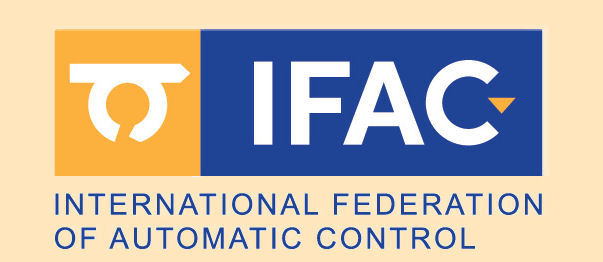| Paper MoB1.3
Genidy, Abdelrahman (University of Orléans, Renault, Ampere sas), Leau, Maxime (University of Orleans), Nelson-Gruel, Dominique (University of Orleans), ketfi-cherif, Ahmed (Renault), VON-WISSEL, Dirk (Renault), COLIN, Guillaume (Univ. Orléans)
Enhancing Fuel Cell Longevity Via Multi-Objective Dynamic Programming
Scheduled for presentation during the Regular Session "Modelling, optimization and diagnostics of fuel cells" (MoB1), Monday, June 16, 2025,
16:10−16:30, Kapel
AAC 2025 11th IFAC International Symposium on Advances in Automotive Control, June 15-18, 2025, Eindhoven, Netherlands
This information is tentative and subject to change. Compiled on May 31, 2025
|


 This site is protected by copyright and trademark laws under US and International law.
This site is protected by copyright and trademark laws under US and International law.